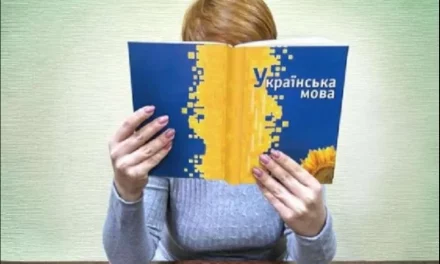He wrote an open letter with the contents indicated in the title to Miklós Kásler, Head of Human Resources, and László Palkovics, head of the Ministry of Innovation and Technology. It states that if the government really allows children and students back at the end of March, beginning of April, it is essential to immediately vaccinate those working in public education and vocational training.
He also complains that "For a year, the PSZ has also been asking the government to pay a one-time HUF 100,000 to those teachers and trainers who were forced to use their own (humiliatingly low) salaries to buy tools for digital education. A year ago, there was no substantive response, instead, digital education was again ordered across the country!"
Finally, they expect an immediate answer to the question of whether the government is willing to pay 100 percent sick pay to encourage one of the parents of a child under the age of 14 to stay at home.
Describing teachers' salaries as "humiliatingly low" is a strong exaggeration. It is a fact that a college-educated teacher who has been teaching for twenty years earned HUF 149,000 gross in 2010, while this amount increased to HUF 301,000 gross by 2018 and has continued to grow ever since. And every three years, everyone is automatically moved up by one salary category, and successful qualification procedures also result in a level increase.
As for the main question, it certainly has a serious beauty flaw. Although based on a survey conducted by PSZ in January, 47 percent of educators wanted to be vaccinated, at the beginning of this month Zoltán Maruzsa, State Secretary of EMMI, stated that "there are 195,000 teachers working in public education, as well as colleagues who support education and training. So far, slightly more than 51,000 of them have registered for vaccination. That's a little over 26 percent."
Of course, there is a big difference between 47 percent and 26 percent, but it is even more striking that according to a survey by the Nézőpont Institute at the beginning of March, 62 percent of the entire population of the country thought they would get vaccinated. (In today's government briefing, Minister Gergely Gulyás spoke of "nearly 50 percent".) Of course, there may be teachers among them, but due to their proportion in relation to the entire population, they can influence this 62 (or even nearly 50) percent to an almost negligible extent.
26 percent.












